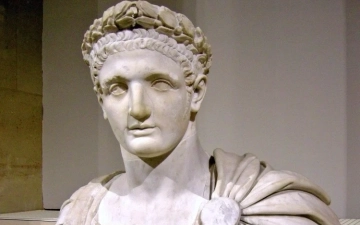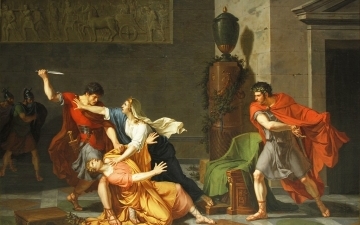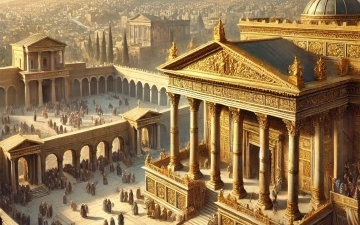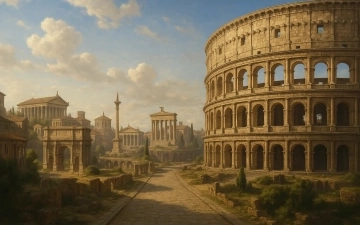Severus Alexander: The Emperor Who Faced Down Crisis and Attempted to Restore Order
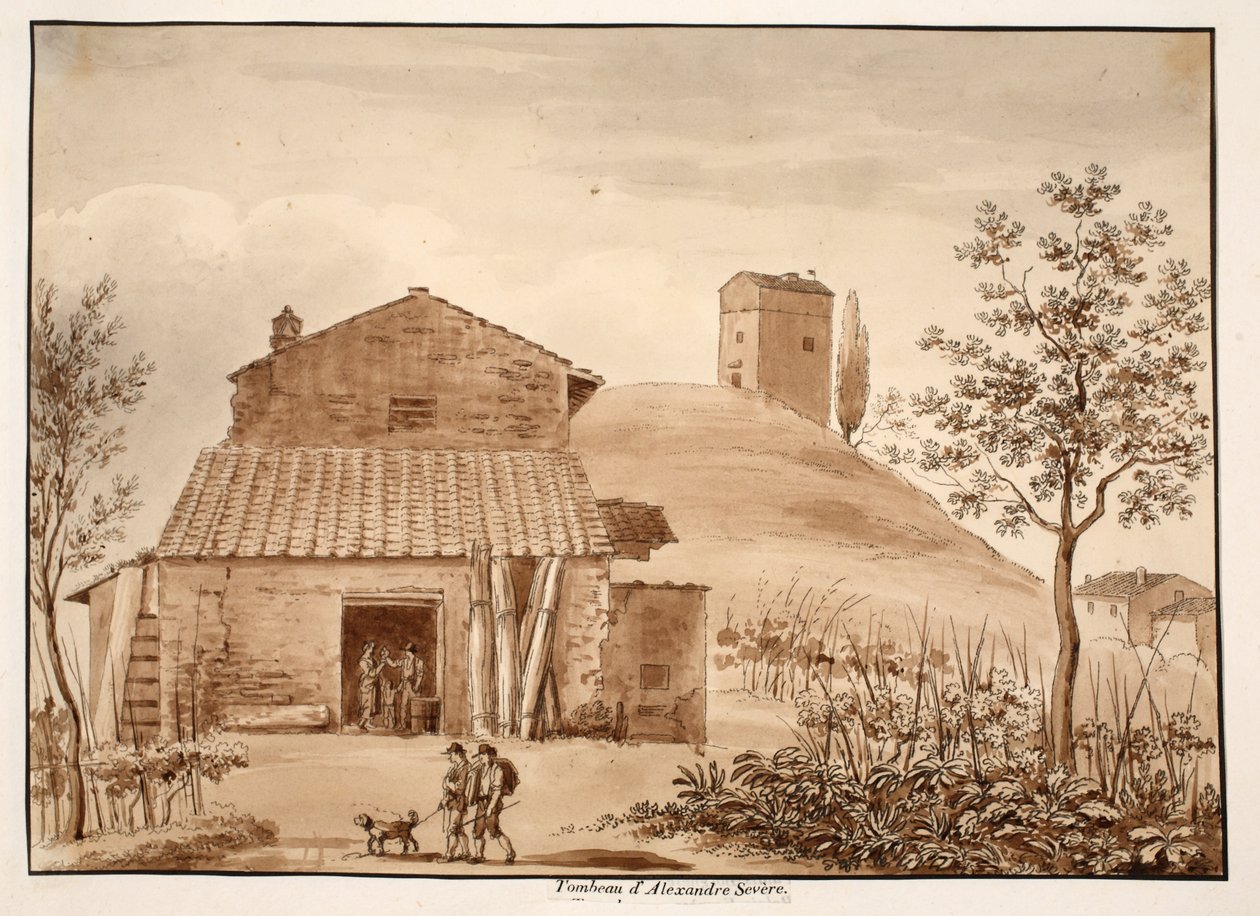
Severus Alexander, often overshadowed by the more flamboyant and controversial emperors who preceded him, was a ruler who ascended to the imperial throne at a time of profound crisis. His reign, while ultimately brief, was marked by a determined effort to restore order and stability to the Roman Empire.
Grandson of Septimius Severus, Alexander was a young and inexperienced emperor when he assumed power in 222 AD. Yet, he possessed a surprising degree of wisdom and maturity beyond his years. His reign was characterized by a strong emphasis on traditional Roman values and a commitment to good governance.
One of the most pressing challenges facing Alexander was the deteriorating economic situation. The empire was burdened by heavy taxation, inflation, and a declining currency. To address these issues, the young emperor implemented reforms aimed at reducing government spending and increasing revenue. He also sought to stabilize the currency by reforming the monetary system.
Another major challenge was the growing threat posed by barbarian invasions along the empire's borders. The Germanic tribes were becoming increasingly aggressive, and the Parthians in the east continued to be a persistent menace. Alexander, though not a seasoned general like his ancestors, was determined to protect the empire's frontiers. He led several campaigns against the Germanic tribes, achieving mixed results. While he managed to repel some incursions, the overall situation remained precarious.
Despite his efforts to address the empire's problems, Alexander faced significant opposition. His mother, Julia Mamaea, wielded considerable influence over her son, and her involvement in state affairs alienated many in the Roman elite. Moreover, the military, accustomed to the lavish rewards and privileges bestowed by previous emperors, resented Alexander's frugal policies.
The culmination of these challenges came in 235 AD, when a rebellion erupted among the Roman legions stationed in Gaul. The rebels proclaimed Maximinus Thrax, a brutal but charismatic general, as emperor. Alexander and his mother were captured and executed, bringing a tragic end to a reign that had shown promise but ultimately proved insufficient to overcome the empire's deep-seated problems.
Severus Alexander's reign is often viewed as a brief interlude of relative peace and stability in an increasingly turbulent era. While he may not have been a charismatic or dynamic leader, his commitment to good governance and his efforts to address the empire's economic and military challenges deserve recognition. His untimely death marked the beginning of a period of intense crisis known as the Third-Century Crisis, a time of civil war, economic collapse, and barbarian invasions that would test the Roman Empire to its limits.
Related Posts
Domitian: The Last of the Flavian Emperors and His Reign of Terror
In the annals of Roman history, the reign of Domitian, the youngest son of Vespasian and the last of the Flavian emperors, is often remembered as a time of tyranny, repression, and political intrigue. Domitian's rule, which lasted from 81 to 96 CE, stands in stark contrast to the relative...
Read MoreGeta: The Tragic Co-Emperor Whose Life Was Cut Short by Fraternal Rivalry
Geta, the younger son of Septimius Severus, is a figure largely overshadowed by his more domineering brother, Caracalla. Often relegated to the role of the quiet, less ambitious sibling, Geta’s life was tragically cut short by a family feud that shook the Roman Empire to its core. Unlike his brother, Geta...
Read MoreThe Perfect French Riviera Wedding
The French Riviera: A Timeless Wedding Destination The French Riviera, or Côte d’Azur, is one of the world’s most iconic destinations for weddings, offering breathtaking coastlines, luxurious estates, and a romantic Mediterranean backdrop. But beyond its modern allure, this glamorous stretch of land has a deep-rooted history that dates back to...
Read MoreHerod’s Temple: A Marvel of Ancient Architecture and Its Biblical Significance
Herod’s Temple, also known as the Second Temple or the Herodian Temple, holds a central place in biblical history and Jewish heritage. Built by King Herod the Great during the 1st century BCE, this architectural masterpiece served as the spiritual heart of Judaism and a pivotal location in the narratives...
Read MoreMajestic Ancient Rome: Unveiling the Timeless Splendor of Ancient Roman History Architectural Marvel and Colosseum
Introduction The history of Rome is an intricate weave of power, culture, and art. It gives ample narratives ever since the rise of the Roman Republic until the Empire Era Greco-Roman civilization is captivating for the world, historians and travelers as well. In this article we tell the story of...
Read MoreBonsai Trees: The Art, Care, and Beauty of Miniature Trees
Bonsai trees are more than just plants—they are living works of art, shaped and nurtured over time to reflect nature’s beauty in miniature form. Originating from ancient Asian traditions, bonsai trees symbolize harmony, patience, and balance, making them a meaningful and meditative hobby for plant lovers worldwide. Whether you're a...
Read More

















